Companies continually look for ways to outperform their competitors. One way they are trying to get ahead is through the application of analytics on their data. Researchers, for example, have found that top-performing businesses were twice as likely to use analytics to guide future strategies and guide day-to-day operations compared to their low-performing counterparts.
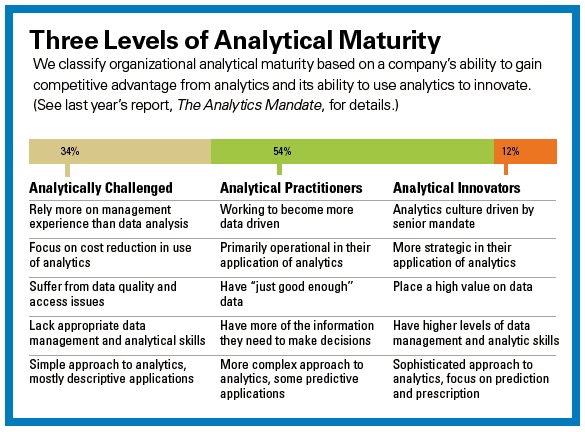
Figure 1. Analytical Innovators use analytics differently. Figure from MIT/SAS report: The Talent Dividend.
Researchers from MIT and SAS suggest that top performing companies use analytics differently than bottom performing companies. They found that Analytic Innovators (businesses where analytics created a competitive advantage and has helped innovation), more so than Analytically Challenged, use analytics primarily to increase value to the customer rather than to decrease costs/allocate resources, aggregate/integrate different business data silos to look for relationships among once-disparate metrics and gain executive support around the use of analytics to encourage sharing of best practices and data-driven insights throughout the company.
Analytics don’t occur in a vacuum. Companies need the right people with the right data science skills (i.e., data workers) to make sense of the data. In their continuing study of analytics, MIT and SAS recently published new research about how Analytic Innovators optimize their data science capabilities. Their new report is well worth a read. I highlight some of the study results below.
Analytical Talent Key to Success
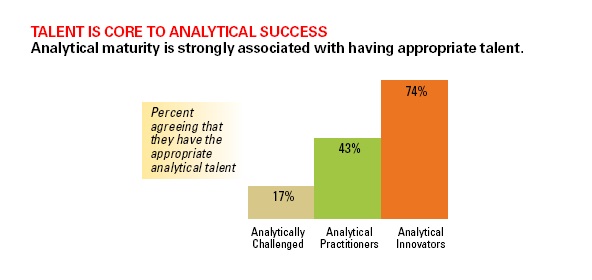
Figure 2. Analytical talent is key to analytical success. Figure from MIT/SAS report: The Talent Dividend.
Analytical talent plays a crucial role in the success of Analytical Innovators. Specifically, according to their findings, nearly 75% of Analytical Innovators report having the appropriate analytical talent while less than 20% of Analytically Challenged say they do (see Figure 2).
Acquiring and Managing Analytics Talent
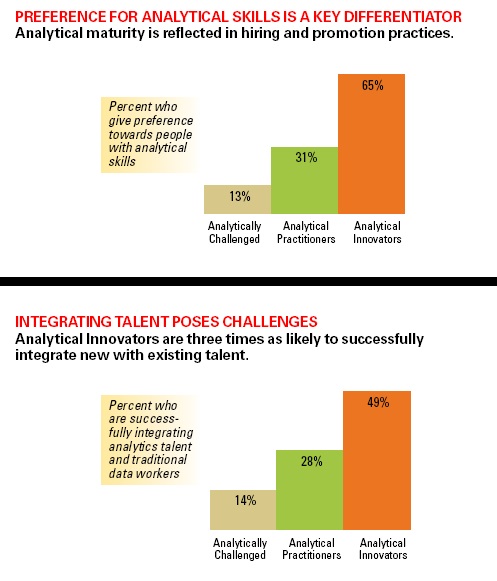
Figure 3. Analytical Innovators are more effective at acquiring and managing analytical talent compared to their counterparts. Figure from MIT/SAS report: The Talent Dividend.
Analytical Innovators, compared to Analytically Challenged, focus on acquiring and keeping the right analytical talent. Specifically, the survey results revealed that Analytical Innovators show preference toward people with analytical skills in their hiring and promotion practices compared to their analytical-lagging counterparts (See top part of Figure 3). Also, Analytical Innovators are more successful at integrating their new analytically-minded employees with existing data workers (See bottom part of Figure 3).
Data Scientist Role a Sign of Analytical Maturity
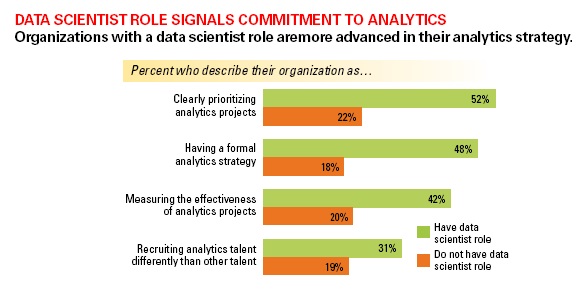
Figure 4. Data scientist role a sign of analytical maturity. Figure from MIT/SAS report: The Talent Dividend.
Companies continue to hire data scientists as a way to help them make sense of and get insight from their data. The results here show that companies that have a data scientist are more advanced in their analytics strategy compared to companies that do not have a data scientist role. Additionally, companies with a data scientist, compared to companies that do not, have a formal analytics strategy and are better at promoting analytics projects and measuring the success of these projects.
Summary
Data analytics play a critical role in helping businesses create a competitive advantage and drive innovation. The most recent MIT/SAS study suggest that companies need to focus on acquiring and keeping the right analytical talent if they hope to extract value from their data. As companies mature in their analytics efforts, they might consider establishing a formal data scientist role to ensure their analytics projects show measurable success.
————————–
In TCE: Total Customer Experience, learn more about how you can extract customer insights through analytics of your business data.

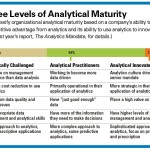

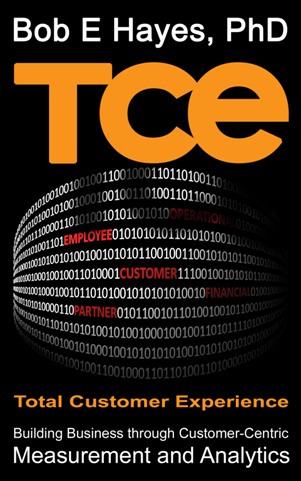
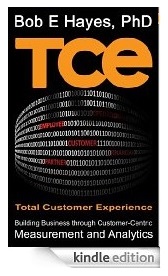
 Beyond the Ultimate Question
Beyond the Ultimate Question Measuring Customer Satisfaction and Loyalty (3rd Ed.)
Measuring Customer Satisfaction and Loyalty (3rd Ed.)
[…] Companies continually look for ways to outperform their competitors. One way they are trying to get ahead is through the application of analytics on their data. […]